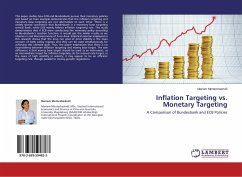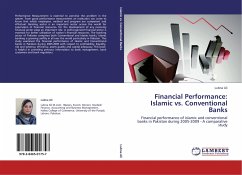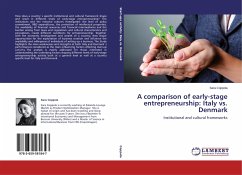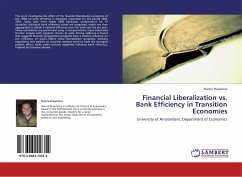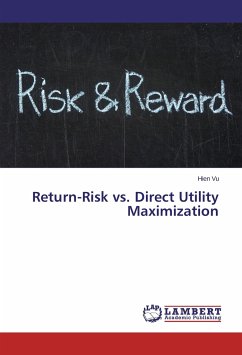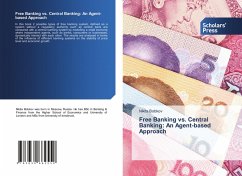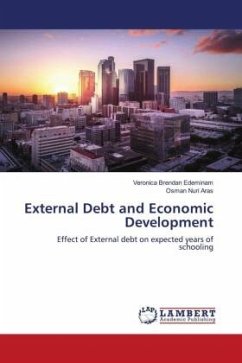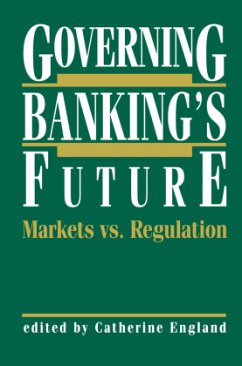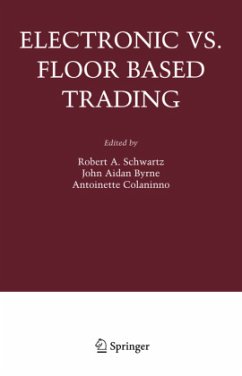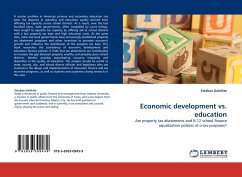
Economic development vs. education
Are property tax abatements and K-12 school finance equalization policies at cross-purposes?
Versandkostenfrei!
Versandfertig in 6-10 Tagen
32,99 €
inkl. MwSt.

PAYBACK Punkte
16 °P sammeln!
A secular problem in American primary and secondary education has been the disparity in spending and education quality derived from differing tax capacity across school districts. As a result, over the last hundred years, state governments, often compelled by court rulings, have sought to equalize tax capacity by offering aid to school districts with a low property tax base and high education costs. At the same time, state and local governments have increasingly established property tax abatement programs and other incentives to promote economic growth and influence the distribution of the pro...
A secular problem in American primary and secondary education has been the disparity in spending and education quality derived from differing tax capacity across school districts. As a result, over the last hundred years, state governments, often compelled by court rulings, have sought to equalize tax capacity by offering aid to school districts with a low property tax base and high education costs. At the same time, state and local governments have increasingly established property tax abatement programs and other incentives to promote economic growth and influence the distribution of the property tax base. This book researches the consistency of economic development and education finance policies. It finds that tax abatements are contributing to increase the gap between property wealthy and property poor school districts, thereby possibly exacerbating resource inequality and disparities in the quality of education. The analysis should be useful to state, county, city, and school district officials and legislators who are involved in the design and implementation of education finance and tax incentive programs, as well as students and academics doing research in this area.



